8 finance and economy podcasts you should listen to if you want to skill up
From financial lessons and advice, to news on the market and its impacts, these podcasts will keep you informed on the economic forces shaping the world

It can be overwhelming to see the news constantly lit up with numbers, red and green arrows, charts, data, and words like “inflation,” “recession,” and “debt.” Luckily, there’s a way to dive in and stay informed on complicated topics around the economy and the market from people who know it best and won’t judge you for needing a little help. We’ve rounded up seven podcasts to refresh or start up your knowledge of finance and the economy.
2 / 9
Planet Money from NPR
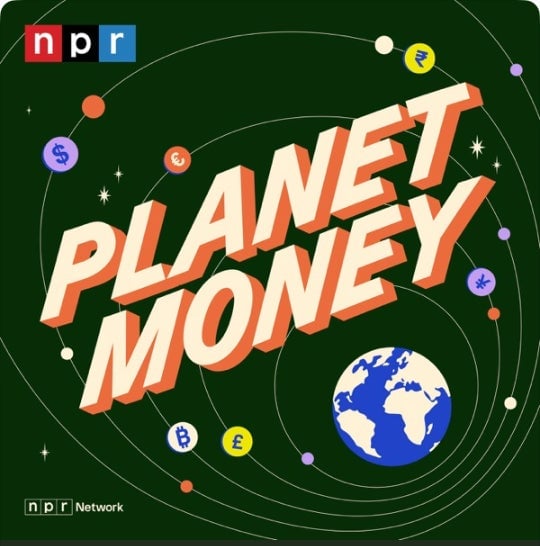
Planet Money explores the economic angle to current events around the world, such as this recent episode on Houthi attacks on U.S. cargo ships in the Red Sea. The podcast also digs into history that continues to shape the world today, and provides explainers on trending news about the economy. As the podcast’s bio says, “Don’t just understand the economy — understand the world.”
3 / 9
Smart Money Podcast from NerdWallet

On personal finance company NerdWallet’s podcast, the show’s hosts, Sean Pyles and Sara Rathner are joined by experts to discuss how to make strategic money decisions, including on wealth building, investing, and handling loans. The podcast leans more toward lessons and advice on dealing with finances, such as how to prevent identity theft through credit monitoring and offering tax tips for self-employed workers. NerdWallet says listeners will “feel smarter and more informed to make the most of” their finances.
4 / 9
Moody’s Talks — Inside Economics from Moody’s Analytics
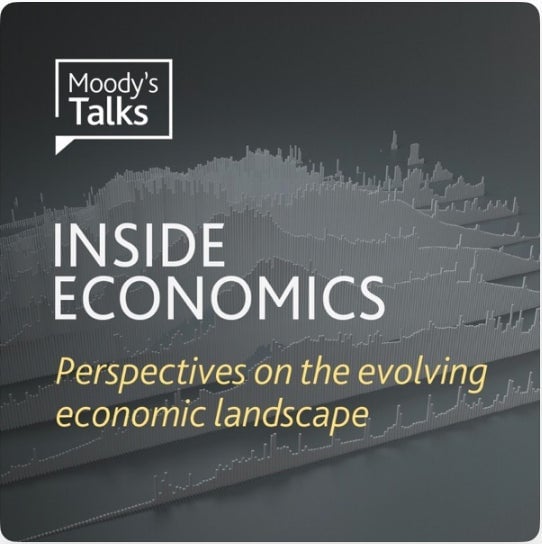
For insights into the factors shaping the global economy, the Moody’s Talks — Inside Economics podcast offers listeners a conversational breakdown of economic reports, like those on the job market and inflation. While some economic concepts and topics can be complex, the financial services firm’s podcast, hosted by Mark Zandi, Marisa DiNatale, and Cristian deRitis breaks them down to be accessible for listeners.
5 / 9
Fast Money from CNBC
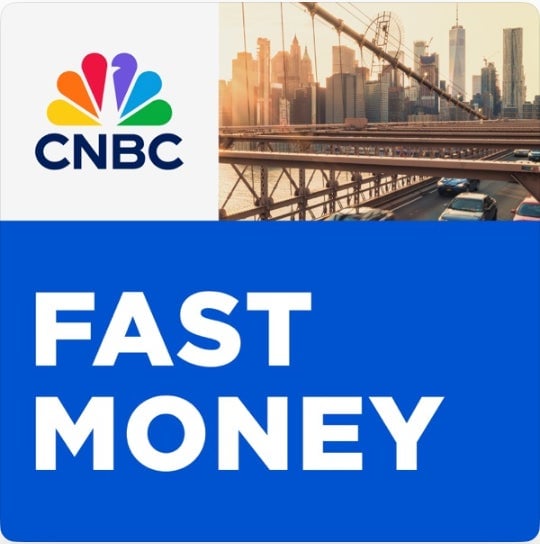
“Fast Money” from business news outlet CNBC looks at everyday news related to the markets, economy, and other trending business topics. The show is hosted by Melissa Lee, who is regularly joined by traders to discuss the news of the day and how it impacts investors.
6 / 9
Masters in Business from Bloomberg
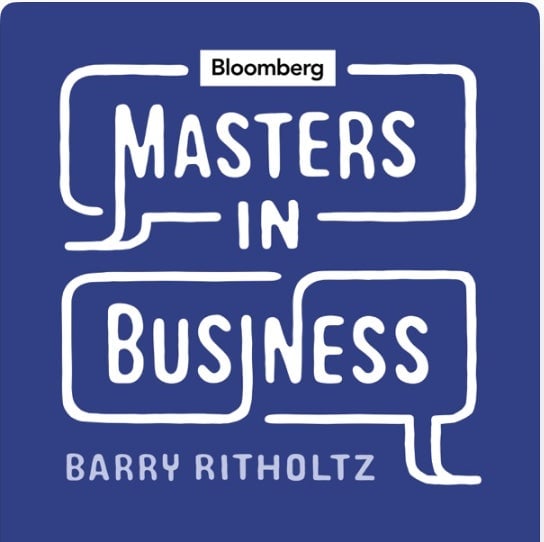
On Bloomberg’s Masters in Business podcast, host Barry Ritholtz talks to CEOs, founders, firm partners, and executives across the business industry to discuss people and trends currently shaping the market and economy. Recent episodes include conversations on how geopolitical conflicts impact the stock market, and how to forecast the next recession.
7 / 9
So Money from Farnoosh Torabi
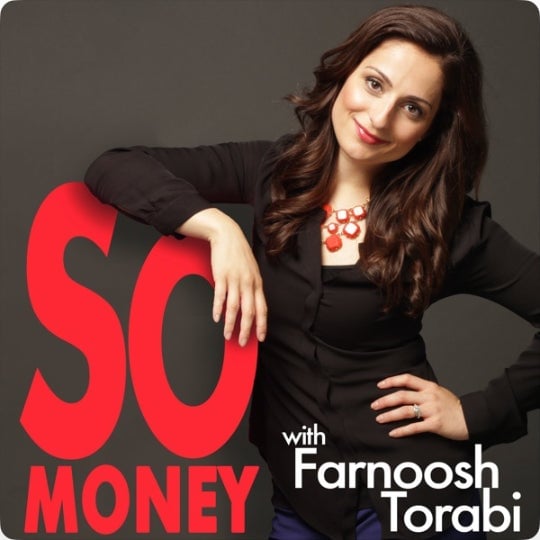
On author and personal finance expert Farnoosh Torabi’s So Money podcast, Torabi talks with business leaders, authors, and other personal finance experts about money topics, such as investing, budgeting, and even entrepreneurship. Torabi hosts “Ask Farnoosh” episodes giving her own advice on an array of personal finance topics, such as her personal philosophies and beliefs on money, her advice for saving, and how to make financial decisions around life-changing events such as losing your job or getting married.
8 / 9
Marketplace from Marketplace

The Marketplace podcast provides context and tackles everyday news on business and the economy. Host Kai Ryssdal and the team talk to CEOs, policymakers, and everyday people about topics from layoffs and the job market, to AI’s impacts on the workplace. The podcast “makes sense of the economy for everyone, no econ degree or finance background required.”
9 / 9
Quartz Obsession by Quartz
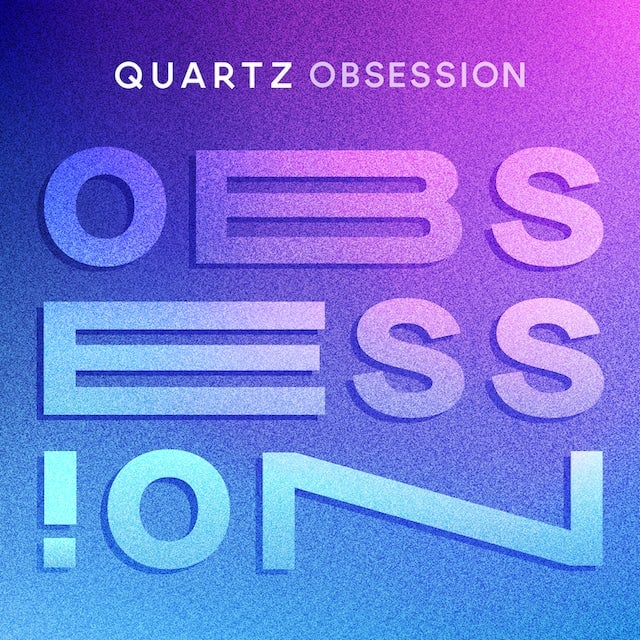
OK, our podcast isn’t always about money and finance, but we couldn’t let a podcast roundup go by without mentioning the Quartz Obsession, a deep dive into the most fascinating facets of an idea: where it came from, how it got to us, and what it can tell us about the forces that are changing the way we live and work.
The money-minded will love episodes on inflation, national debt, and the concept of a public tech bank. If you’re looking for something to really get you thinking about how markets should or shouldn’t work, start with The invisible hand: Capitalism’s misunderstood metaphor.